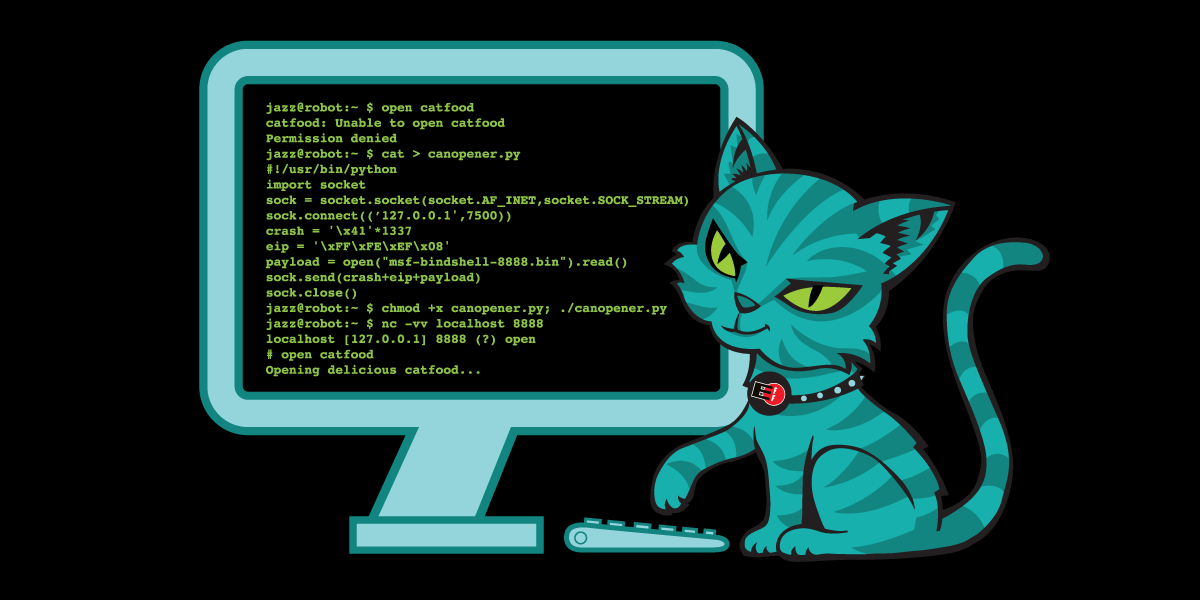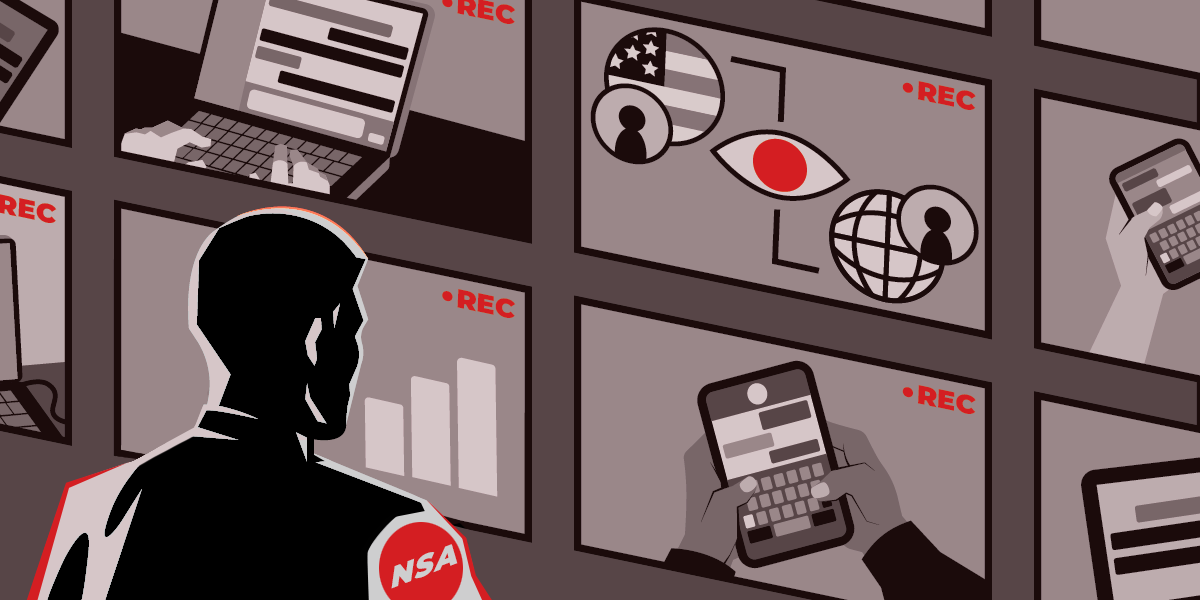2 Fast 2 Legal: How EFF Helped a Security Researcher During DEF CON 32
This year, like every year, EFF sent a variety of lawyers, technologists, and activists to the summer security conferences in Las Vegas to help foster support for the security research community. While we were at DEF CON 32, security researcher Dennis Giese received a cease-and-desist letter on a Thursday afternoon for his talk scheduled just hours later for Friday morning. EFF lawyers met with Dennis almost immediately, and by Sunday, Dennis was able to give his talk. Here’s what happened, and why the fight for coders’ rights matters.
Throughout the year, we receive a number of inquiries from security researchers who seek to report vulnerabilities or present on technical exploits and want to understand the legal risks involved. Enter the EFF Coders’ Rights Project, designed to help programmers, tinkerers, and innovators who wish to responsibly explore technologies and report on those findings. Our Coders Rights lawyers counsel many of those who reach out to us on anything from mitigating legal risk in their talks, to reporting vulnerabilities they’ve found, to responding to legal threats. The number of inquiries often ramp up in the months leading to “hacker summer camp,” but we usually have at least a couple of weeks to help and advise the researcher.
In this case, however, we did our work on an extremely short schedule.
Dennis is a prolific researcher who has presented his work at conferences around the world. At DEF CON, one of the talks he planned along with a co-presenter involved digital locks, including the vendor Digilock. In the months leading up to the presentation, Dennis shared his findings with Digilock and sought to discuss potential remediations. Digilock expressed interest in these conversations, so it came as a surprise when the company sent him the cease-and-desist letter on the eve of the presentation raising a number of baseless legal claims.
Because we had lawyers on the ground at DEF CON, Dennis was able to connect with EFF soon after receiving the cease-and-desist and, along with former EFF attorney and current Special Counsel to EFF, Kurt Opsahl, we agreed to represent him in responding to Digilock. Over the course of forty-eight hours, we were able to meet with Digilock’s lawyers and ultimately facilitated a productive conversation between Dennis and its CEO.
Good-faith security researchers increase security for all of us.
To its credit, Digilock agreed to rescind the cease-and-desist letter and also provided Dennis with useful information about its plans to address vulnerabilities discussed in his research.
Dennis was able to give the talk, with this additional information, on Sunday, the last day of DEF CON.
We are proud we could help Dennis navigate what can be a scary situation of receiving last-minute legal threats, and are happy that he was ultimately able to give his talk. Good-faith security researchers like Dennis increase security for all of us who use digital devices. By identifying and disclosing vulnerabilities, hackers are able to improve security for every user who depends on information systems for their daily life and work. If we do not know about security vulnerabilities, we cannot fix them, and we cannot make better computer systems in the future. Dennis’s research was not only legal, it demonstrated real world problems that the companies involved need to address.
Just as important as discovering security vulnerabilities is reporting the findings so that users can protect themselves, vendors can avoid introducing vulnerabilities in the future, and other security researchers can build off that information. By publicly explaining these sorts of attacks and proposing remedies, other companies that make similar devices can also benefit by fixing these vulnerabilities. In discovering and reporting on their findings, security researchers like Dennis help build a safer future for all of us.
However, this incident reminds us that even good faith hackers are often faced with legal challenges meant to silence them from publicly sharing the legitimate fruits of their labor. The Coders' Rights Project is part of our long standing work to protect researchers through legal defense, education, amicus briefs, and involvement in the community. Through it, we hope to promote innovation and safeguard the rights of curious tinkerers and hackers everywhere.
We must continue to fight for the right to share this research, which leads to better security for us all. If you are a security researcher in need of legal assistance or have concerns before giving a talk, do not hesitate to reach out to us. If you'd like to support more of this work, please consider donating to EFF.








